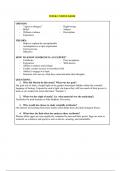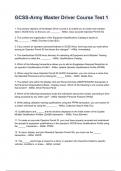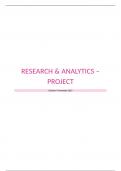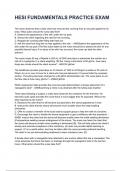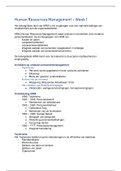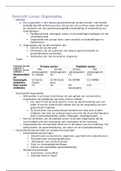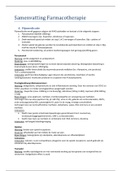Notes de cours
Spring 2024 notes from Telling Women's Lives Course
- Cours
- Telling Women\\\'s Lives
- Établissement
- New Jersey City University
This class explored how personal stories reveal deeper truths about power, identity, and justice. We looked at how different voices—especially those of women and marginalized groups—are often silenced in times of war, violence, and illness. Audre Lorde’s *The Cancer Journals* showed how healt...
[Montrer plus]
